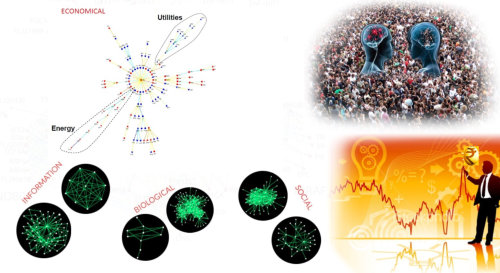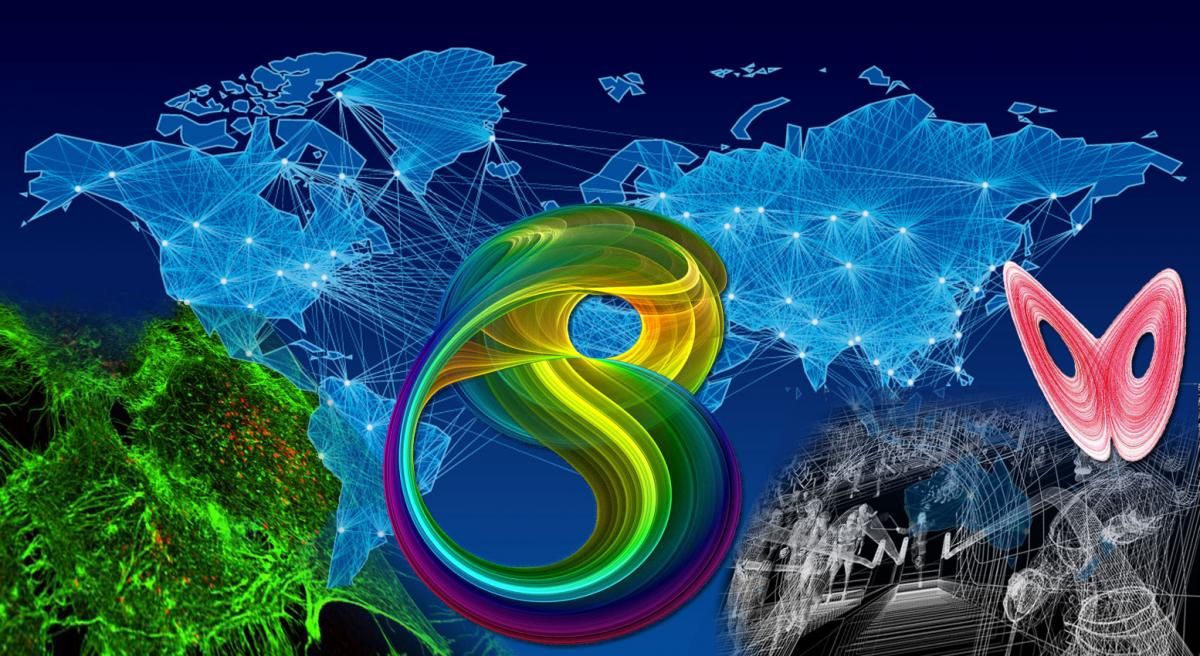Complex system studies, now an established branch of the basic sciences, involve the studies of driven systems composed of a large number of interacting individual components (objects/entities/agents/processes/molecules/cells/humans, etc.) which may have emergent behaviour, hierarchical organization of diverse integrated functional modules which obey their own laws, and whose individual activities are generally nonlinear in nature.
Natural and most of the man-made complex systems are adaptive (e.g., brain, cell, developing embryo, ecosystem, stock market, social systems, political parties, etc.) because these systems are capable of learning from their individual experiences or of the environment, and adapting their properties (topology, dynamics, organization, etc.).
Complex system studies constitute highly interdisciplinary, fast growing branch of science and integration of concepts, tools and techniques from different disciplines of science. The Centre for Complex Systems Studies (CCSS) in the School of Computational and Integrative Sciences (SC&IS) was approved by the XIth plan (UGC supported) as a program from 2010.

Research thrust areas:
- Network theory and application to diverse complex systems
- Non-linear and stochastic modeling
- Econophysics and Sociophysics
- Big data mining and Statistical modeling
- Pattern recognition
- Computational neuroscience
